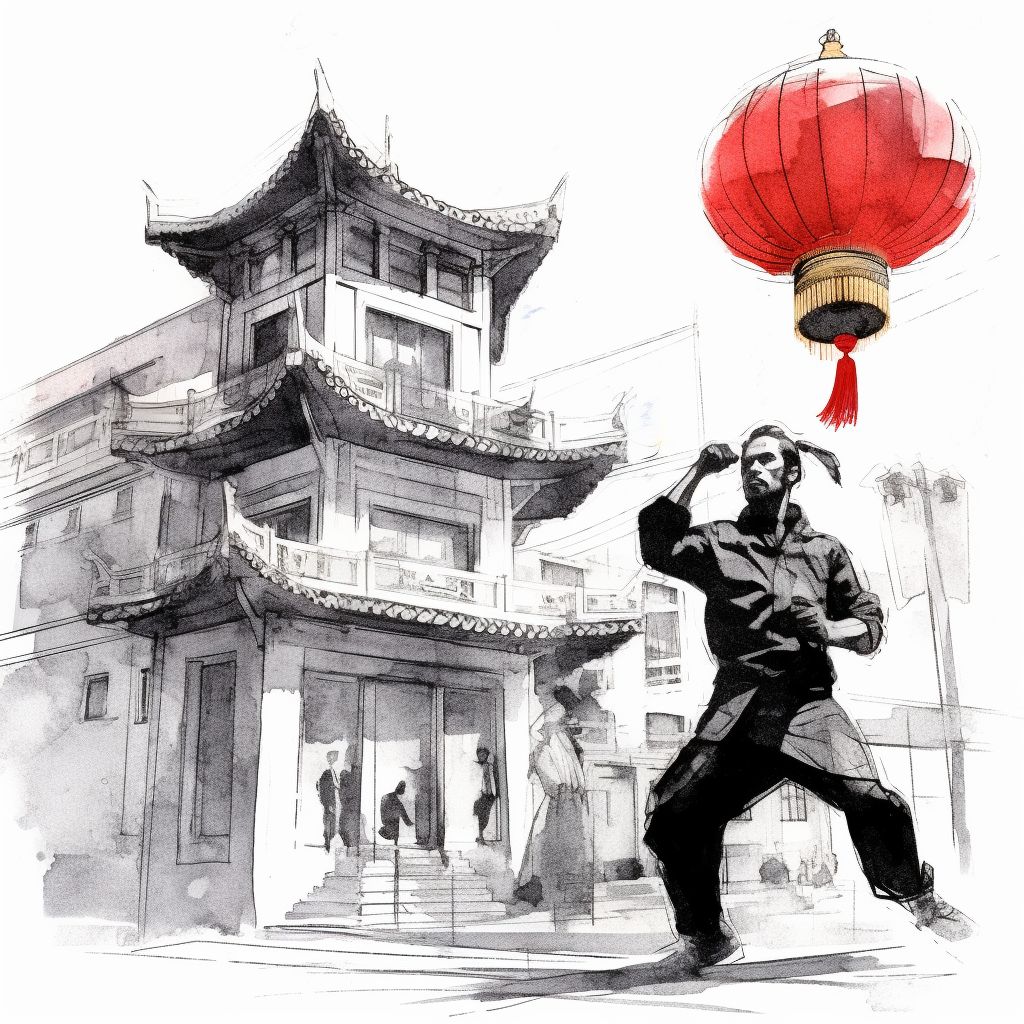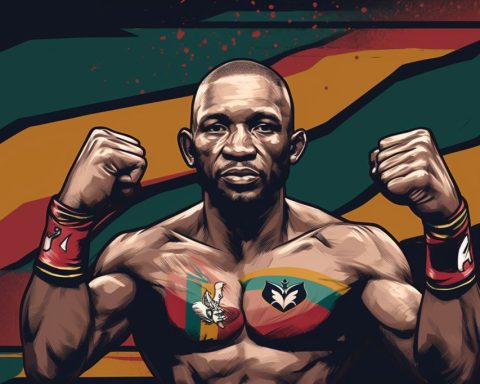HBO’s Warrior is a unique series that combines martial arts, Westerns, historical dramas, and captivating fight scenes, earning the title of June’s most anticipated series by Rotten Tomatoes’ fans. The show has gained critical acclaim and amassed a devoted following. Although the story is set in the brutal realm of late 19th century San Francisco, Warrior is exclusively filmed in Cape Town, South Africa, a testament to the exceptional talent and professionalism of the local film crew.
The Making of Warrior Season 3
The remarkable Chinatown sets, a vital element of the series’ striking visual appeal, were meticulously constructed at the Cape Town Film Studios. Produced in partnership with Moonlighting, the series has already received two Emmy nominations and a Best Action Series nod at the Critics Choice Super Awards. Warrior Season 3 introduces several South African actors, including Mark Dacascos known for his role in John Wick: Chapter 3. Dacascos will portray former gang leader Kong Pak, while former Idols presenter Colin Moss, Neels Classen, and Sean-Marco Vorster will join the cast, enriching the series with their distinctive talents. Returning South African stars, Langley Kirkwood, Robert Hobbs, and Andre Jacobs, continue to captivate audiences in their respective roles.
The Story of Warrior Season 3
The gripping narrative of Warrior Season 3 unfolds amidst the chaos of the race riots that disrupted Chinatown in Season 2. Mai Ling, played by Dianne Doan, exploits her government connections to secure her power, while Ah Sahm, portrayed by Andrew Koji, and the Hop Wei tong grapple with new survival strategies. South African fans can eagerly anticipate the premiere of Warrior Season 3 on Showmax, with episodes streaming every Friday from June 30, just hours after their release in the US.
The Reception of Warrior
With an impressive 8.4/10 rating on IMDb and a perfect 100% critics’ score for Season 2 on Rotten Tomatoes, Warrior has earned high praise from various publications. Inverse dubbed it “the most underrated action series of the century,” while The Ringer hailed it as “a supremely kick-ass and criminally underappreciated martial arts Western.” Vox likened the show to “Peaky Blinders starring Bruce Lee and set in 1870s Chinatown,” further cementing its status as a must-watch series.
The Trailer and Availability
As the excitement for Warrior Season 3 continues to build, the trailer has already amassed over 1.4 million views, a testament to the show’s widespread appeal. For those who have yet to delve into the captivating world of Warrior, now is the perfect time to binge-watch the first two seasons, available on Showmax.
With its riveting narrative, exceptional performances, and awe-inspiring fight scenes, Warrior Season 3 promises to be an unforgettable viewing experience, perfectly showcasing South Africa’s stellar contributions to the world of film and television.









